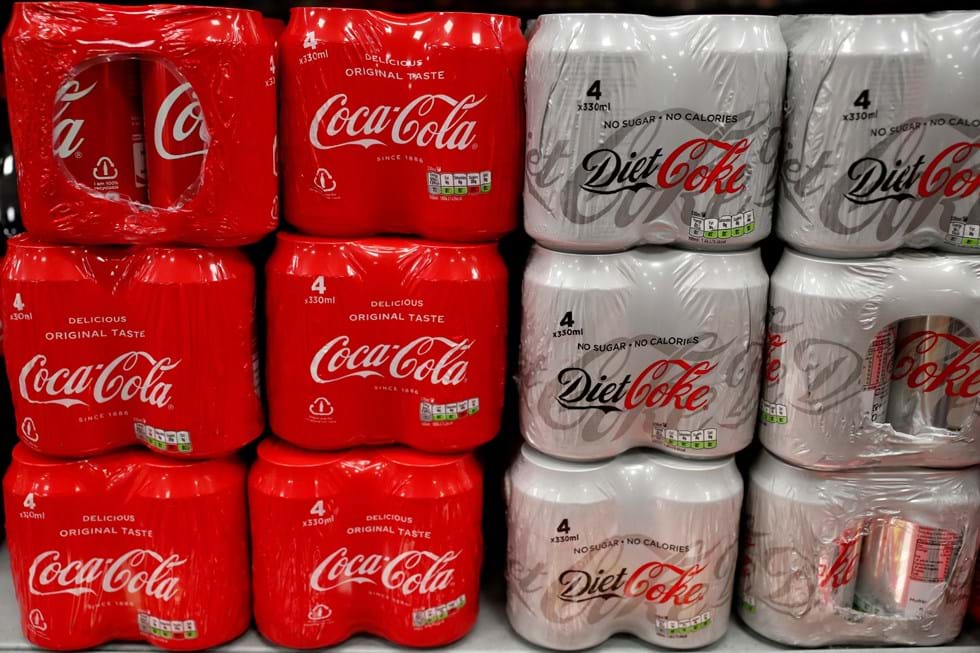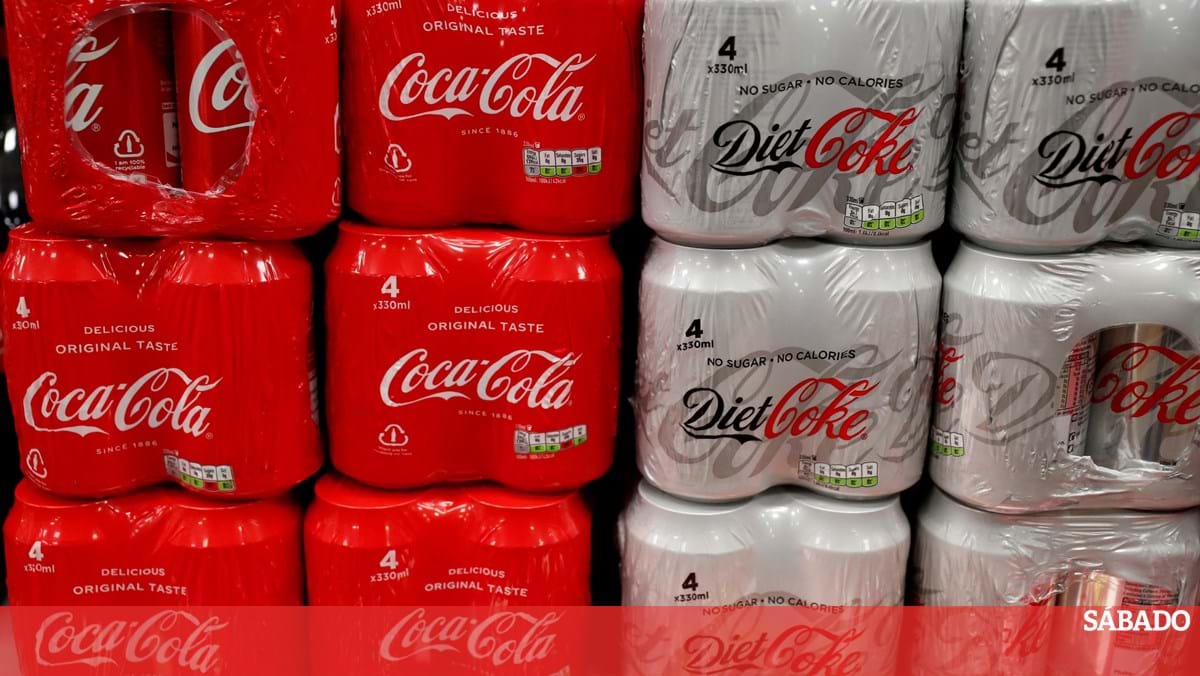a Global Health Organization He argues that although the sweetener aspartame may be “carcinogenic”, it is still safe if eaten at the levels actually indicated. Aspartame is one of the most common sweeteners in the world, and it’s used in soft drinks like Coca-Cola Zero or Mars Extra gummies.

Reuters
The substance was evaluated by two groups of experts from the World Health Organization, one of which was tasked with checking whether there was any evidence that aspartame was a potentially dangerous substance and the other to assess the true level of risk that this substance represented. The International Agency for Research on Cancer (IARC) has classified the additive as a “probable carcinogen”.
This classification means that there is limited evidence that the substance can cause cancer. However, it does not take into account the amount that must be consumed to create a health risk, and this factor is evaluated by another panel of experts, the WHO Joint Committee on Food Additives (JECFA).
The Joint Expert Committee (JECFA) considered that there was insufficient evidence to assess harm from aspartame and maintained its recommendation that people maintain their intake levels below 40 mg/kg per day. This is a level that has been set since 1981 and means, for example, that a person weighing between 60 and 70 kg would have to drink more than 9 to 14 cans of soda per day to exceed the recommended limit.
“The results do not indicate that occasional consumption could pose a risk to most consumers,” said Francesco Branca, WHO’s chief of nutrition.
However, the International Agency for Research on Cancer clarified that its decision to classify it as a “probable carcinogen” was based on three studies conducted in the United States and Europe that indicated a link between liver cancer and the consumption of sweeteners.
Some doctors and scientists have expressed concern that this new classification will push some consumers away from zero options and back to drinking sugary soft drinks. “The potential for weight gain and obesity is a much larger problem and risk factor than aspartame,” said Therese Bevers, MD, medical director of the University of Texas Cancer Prevention Center.
At the press conference announcing the results of the studies, Francesco Branca began by offering advice: “If consumers are faced with the decision to drink Coca-Cola with sweetener or sugar, remember that there is a third option and that is to drink water”.
Find it out to
Editions today
Related articles

“Wannabe internet buff. Future teen idol. Hardcore zombie guru. Gamer. Avid creator. Entrepreneur. Bacon ninja.”

